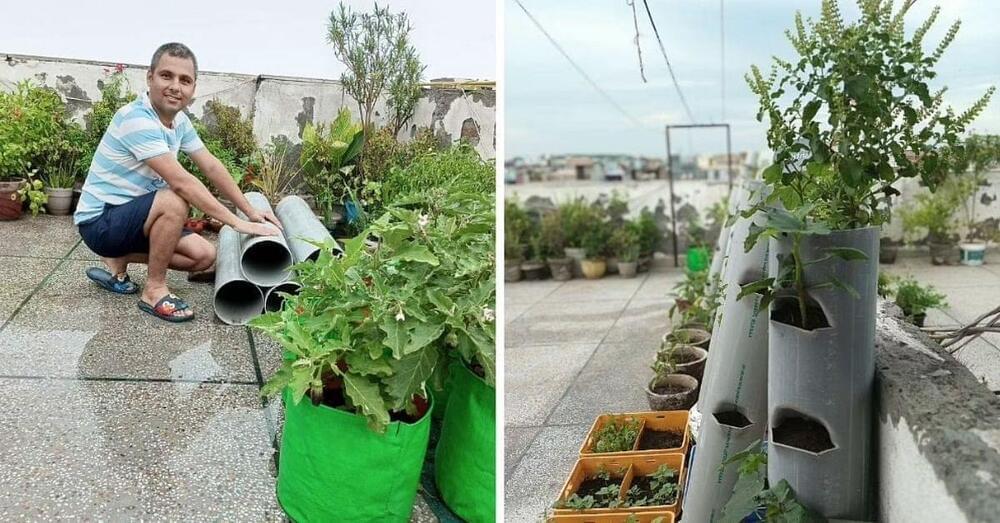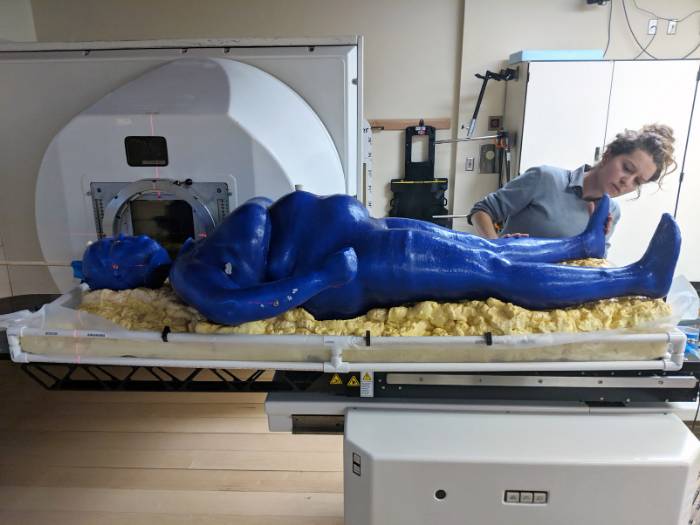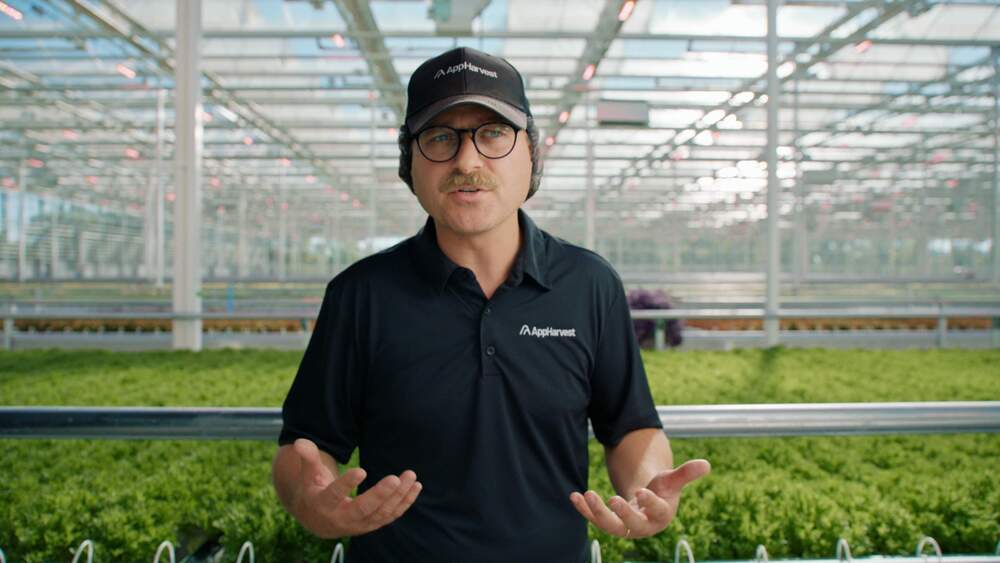A research team has identified a molecular target that could open up new therapeutic options to treat aging-associated diseases like Parkinson’s. Scientists at the University of Cologne have discovered how cells can eliminate mutated mitochondrial DNA (mtDNA). Mitochondria are the powerhouses of our cells. Due to their evolutionary descent from bacteria, they still have genetic material packaged in chromosome-like structures (nucleoids). They convert the chemical energy in our food into a biologically usable form. A team of researchers from the University of Cologne’s Physiology Centre at the Faculty of Medicine, the Centre for Molecular Medicine Cologne (CMMC) and the CECAD Cluster of Excellence for Aging Research has now shown that mutations of the mtDNA lead to a local rearrangement of proteins in the mitochondrial membrane. The mutated mtDNA is targeted, eliminated, and subjected to autophagy, the cellular ‘waste disposal’. The results have appeared in Nature Communications under the title ‘Mitochondrial membrane proteins and VPS35 orchestrate selective removal of mtDNA’.
In many tissues, mutations in mtDNA accumulate as a result of normal aging. These kinds of mutations are an important cause of many aging-associated diseases. There are thousands of copies mtDNA in every cell, so mitochondrial function is only impaired when the percentage of mutated mtDNA molecules exceeds a certain threshold value. It has long been established that mitochondrial damage, including acute mtDNA damage, triggers the process of mitophagy. In this process, dysfunctional mitochondrial parts are selectively degraded and recycled.
Dr David Pla-Martin, the lead author of the current study, explained the details: ‘What is new in our study is that this mechanism does not affect the cells’ endowment with mitochondria, but only clears out the damaged mtDNA. By labelling neighbouring proteins — so-called proximity labelling — we showed that mtDNA damage leads to the recruitment of endosomes in close proximity to nucleoids.’ Their removal is coordinated by the interaction of the nucleoid protein Twinkle and the mitochondrial membrane proteins SAMM50 and ATAD3 controls their distribution, SAMM50 induces the release and transfer of the nucleoid to the so-called endosomes. ‘This additionally prevents the activation of an immune response. The protein VPS35, the main component of the retromer, mediates the maturation of early endosomes into late autophagy vesicles, where degradation and recycling ultimately take place,’ said Pla-Martin.






